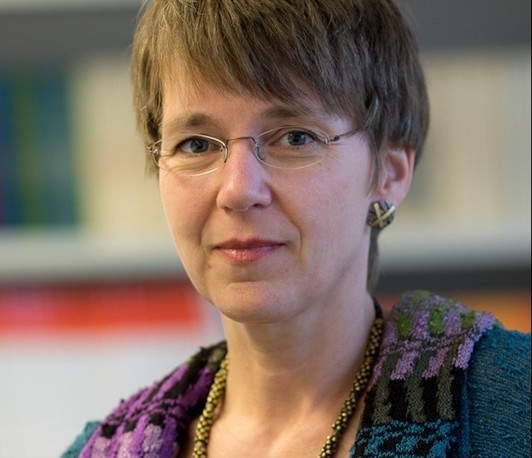Lecture series ‘Intervention State and Social Law’
Cooperation
Industrial society’s labor law is a multinormative field of first range. Since the 19th century, state was transformed into a socio-politically active player. At the same time, however, non-governmental norms also became increasingly important. Despite all confrontation between state and trade unions before World War I, antagonism between state and trade unions soon receded into the background. The state with responsibility for economic and labor market policy benefited from relief provided by activities of trade unions and other associations, which impacted sovereign areas. This normative order was also a major impetus for “non-state normativity”, “private legislation” through collective agreements. Especially in Germany, this new normativity was subject to state control from an early stage.
The lecture series ‘Intervention State and Social Law’ sheds light on the historicity of this complex order, its structures and its key players by selected topics. It is multidisciplinary, mostly between history, labor law and social science, and open to both participating institutions; guests are invited constantly. Lecture is part of cooperation project “Initiative Labor Law History” and recalls a focus of interest of legal historian Michael Stolleis (1941—2021), who supported and accompanied this project. The first lecture was held on 20th May 2022 by social scientist Philip Manow (Bremen University) focusing on “Social Protection, Capitalist Production Production: Der Sozialstaat und die Entstehung eines koordinierten Kapitalismus in Deutschland, 1880-1960”, followed by historian Hedwig Richter (University of the Bundeswehr Munich) on January 19, 2023 about “Soziale Inklusion. Überlegungen zur Demokratiegeschichte des 19. Jahrhunderts.” Further lectures are already planned.




